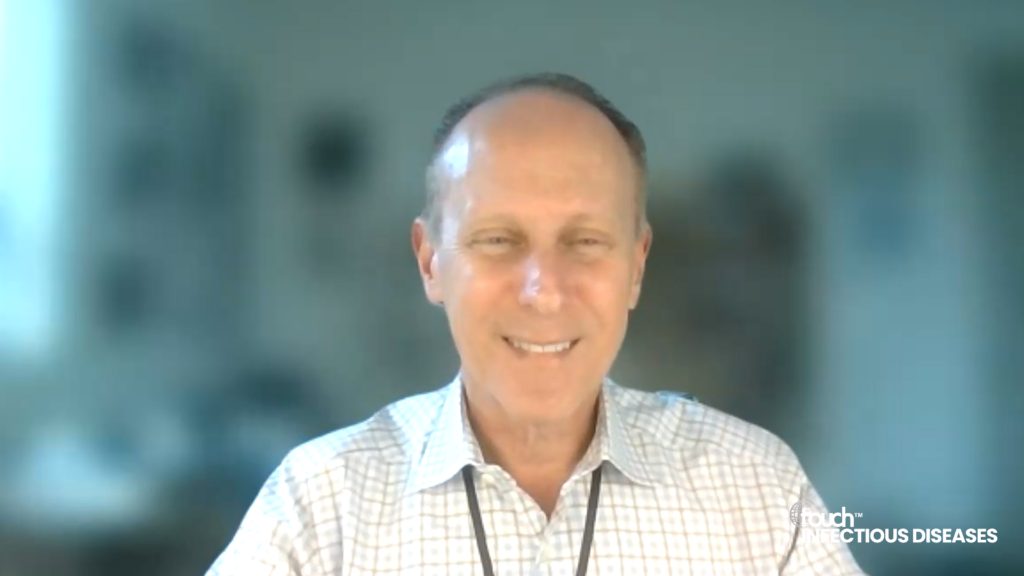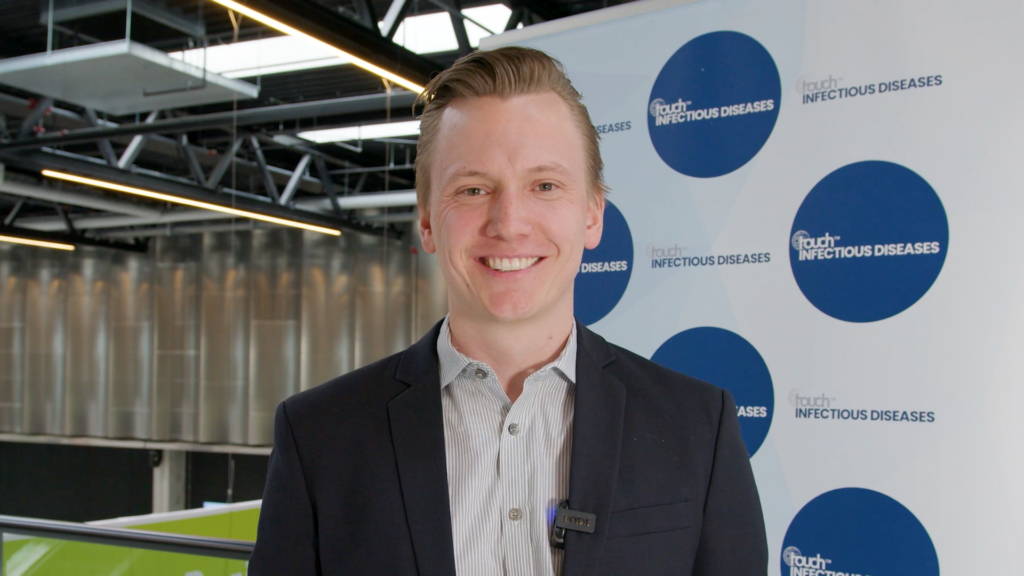
In this Q&A, Mitchell Warren, Executive Director of AVAC, discusses insights from the IAS 2025 session, “Re-imagining prevention: Planning for sustainable PrEP access in the new funding context”. He discusses the most pressing global HIV prevention priorities, the promise of long-acting pre-exposure prophylaxis (PrEP) technologies, and the need for urgent, equity-focused investment, especially amid uncertain funding landscapes.
touchINFECTIOUS DISEASES coverage of IAS 2025, Kigali, Rwanda
Prevention often gets left behind. We absolutely must continue prioritizing the identification of people living with HIV and ensuring they are tested and linked to treatment. But prevention has long been an afterthought, what do you do after you get everybody on treatment?
The main message from IAS 2025 was clear. Prevention must be at the centre of the sustainability agenda. We cannot maintain treatment for 40+ million people if we continue to see 1.3 million new HIV infections every year. To truly sustain the global HIV response, we must reduce new infections while maintaining treatment access.
The science of HIV prevention has never been more exciting. Over the last few years, new injectable PrEP options have come to market, and at Kigali (IAS conference), there was significant excitement around lenacapavir, which received a World Health Organisation (WHO) recommendation. We also saw the start of a phase III efficacy trial for a once-monthly oral PrEP tablet, another step towards simplified prevention.
The science is remarkable, but we have a continuing challenge of translating that science into impact. It’s not just about the products, it’s about having the systems and programmes to deliver on their promise of the science. Injectable PrEP offers a major opportunity, and there’s genuine excitement. Historically, PrEP programmes have been too small, too slow, and have often worsened disparities rather than reducing them. Going forward, programmes must be reoriented to achieve speed, scale, and equity in delivery. Those are three things we have not done.
It’s a cruel irony that the most exciting scientific advancements in HIV prevention are emerging just as key funders, especially the US government, are pulling back from global health investments. Prevention, predictably, is among the first to be affected. The funding cuts are primarily shifting and destroying investments in HIV and global health generally, and prevention is certainly part of it at exactly the moment when we should be scaling things up.
However, there was clear consensus among ministries of health, donors and civil society in Kigali that long-acting PrEP must be prioritized, even if it requires short-term investment. There is growing recognition that strategic investment today will save money later. If we fail to fund prevention programmes now, the number of new infections will rise, and we won’t have a sustainable HIV response because we won’t be able to afford the treatment programs.
Coming out of the conference, there was strong agreement that sustained, strategic prevention investment is essential, and now we must hold funders accountable to that commitment.
You don’t work in HIV for one’s career for 30+ years unless you’re an optimist. This field demands it. It’s always been hard, and it will remain hard. But there was a real sense of optimism in Kigali, a commitment to building something stronger and more resilient.
For me, the goal is not simply to rebuild what we had, but to build something fundamentally different. After an earthquake, you don’t reconstruct the same building that collapsed, you design one that can withstand future shocks. We’re feeling those tremors and aftershocks now, especially from US funding cuts, and they reveal the need for a stronger, more resilient global health infrastructure. That will require different partnerships, new funding models, and, critically, prevention at the centre of the sustainability strategy. The fact that these conversations are happening gives me real hope that we’re moving towards a more community-centred, country-owned response, one not dependent on any single country.
One of the most exciting developments was the phase II data on the monthly PrEP pill from Merck, MK-8527. This drug is now entering large phase III trials. We know long-acting PrEP is transformative, but delivering injectables at scale is a major challenge. A monthly pill could offer a simpler, scalable alternative.
On the other hand, some of the most sobering data at the conference came from studies showing how quickly recent US policy shifts have affected PrEP access, treatment, and testing. But what gave me hope was seeing how ministries of health, implementers and communities are already planning entirely new programme models to adapt.
I expected the conference to be sombre, but I was genuinely surprised by the sense of hope, determination and energy that really permeated the entire conference. That optimism is what will carry us forward.
Further content in HIV
This content has been developed independently by Touch Medical Media for touchINFECTIOUS DISEASES. It is not affiliated with the International AIDS Society (IAS). Views expressed are the speaker’s own and do not necessarily reflect the views of Touch Medical Media.
Session: Warren M. Re-imagining prevention: Planning for sustainable PrEP access in the new funding context. 2025. Presented at IAS 2025, 13-17 July, Rwanda, East Africa. Available at: https://conference.ias2025.org/media-1091-re-imagining-prevention-planning-for-sustainable-prep-access-in-the-new-funding-context (accessed 05 August 2025).
Editor: Katey Gabrysch, Editorial Director.
Disclosures: This short article was prepared by touchINFECTIOUS DISEASES in collaboration with Mitchell Warren. The content was developed and edited by human editors. No fees or funding were associated with its publication. touchINFECTIOUS DISEASES utilize AI as an editorial tool (ChatGPT (GPT-4o) [Large language model]. https://chat.openai.com/chat). Mitchell Warren has nothing to disclose in relation to this interview.
Cite: Mitchell Warren. Sustainable HIV prevention in 2025: New strategies for PrEP delivery in a shifting funding landscape. 06 August 2025.
Register now to receive the touchINFECTIOUS DISEASES newsletter!
Don’t miss out on hearing about our latest peer reviewed articles, expert opinions, conference news, podcasts and more.












